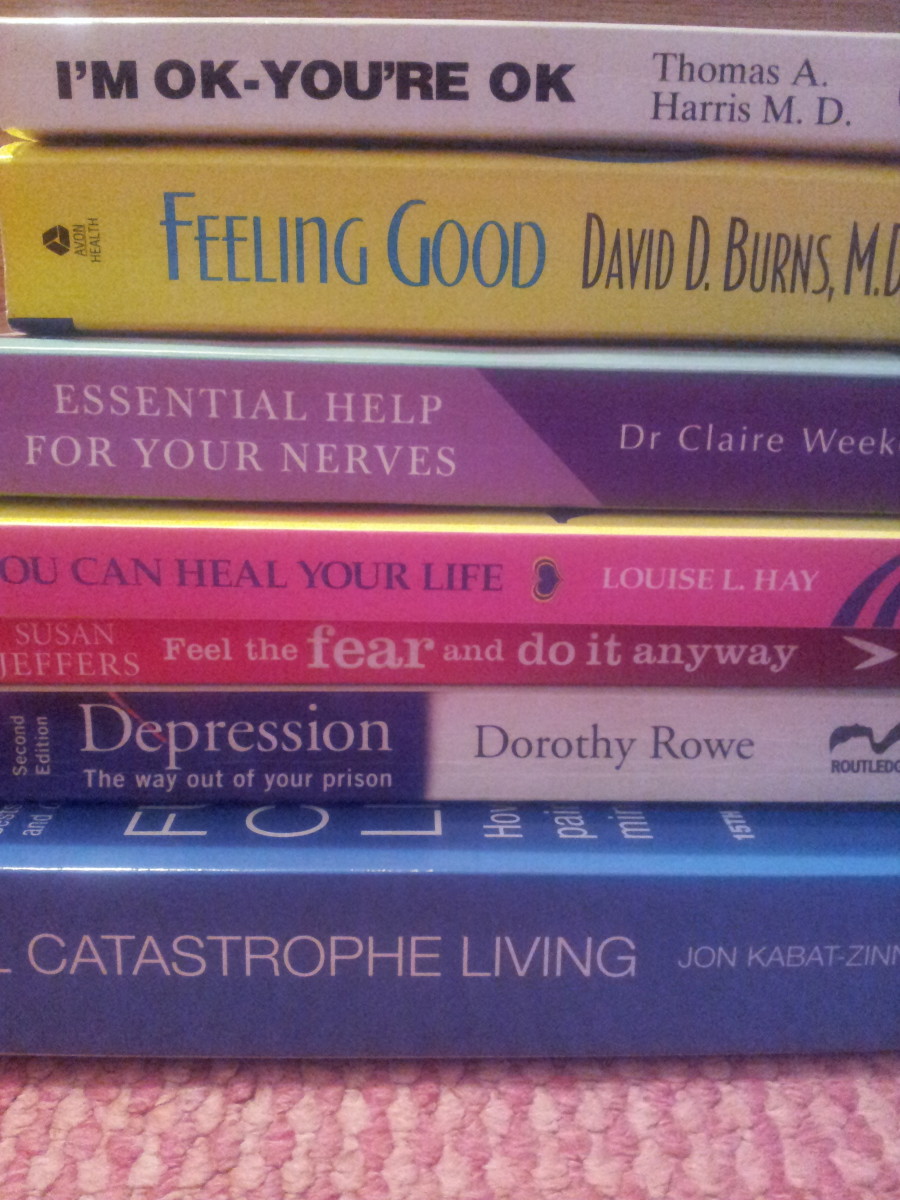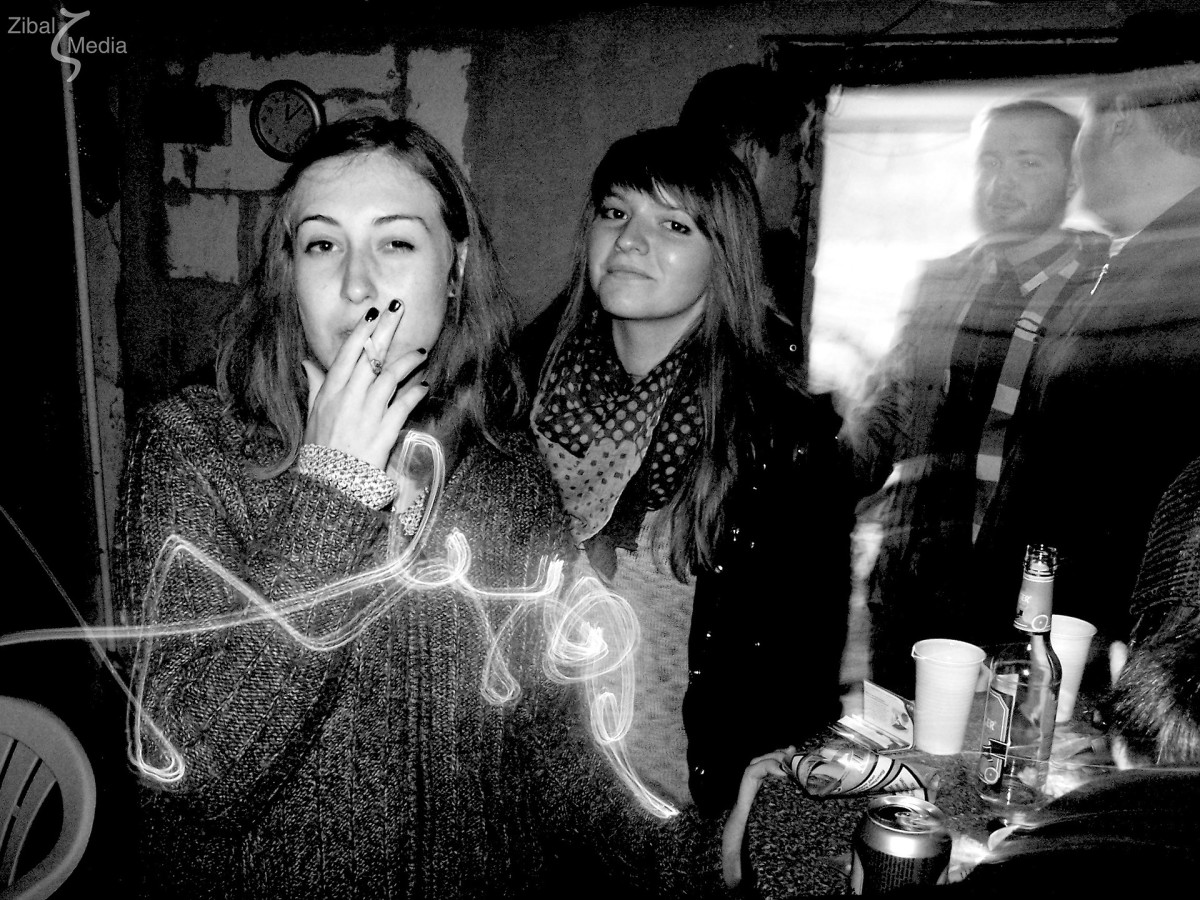Self-Help Books and Programs Can Be Helpful – Or They Can Be Dangerous and Even Kill You
Self-Help Is Big Business, but Is It Always Good Business?
The self-help industry in the United States alone is estimated to be worth more than 12 Billion dollars. Self-help books and apps are so plentiful (more than 45,000) that the New York Times has a separate best-seller list for self-help books.
The idea is that with a little common sense and self-determination, people can improve their health, their social lives, their finances, or their lives, in part or in general, without expensive assistance or intervention by a professional.
There are success stories within the self-help sphere, and then there are the other stories. I will talk more about the not so successful stories, not to sensationalize or to be negative or dark, as some people are fond of saying, but in hopes that it will cause people to stop and think, and thereby save lives.
Yes, people have died after being persuaded to participate in programs or activities where they placed too much trust in the leaders of said activities, or where they allowed their so-called peers to pressure them into doing unsafe, unproven things.
Self-Help Disaster From 2009
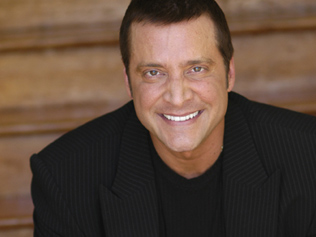

Follow the Diet of Some of the Longest Living People On Earth!

Some Good & Maybe Not So Good Self-Help Books

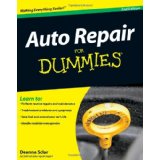

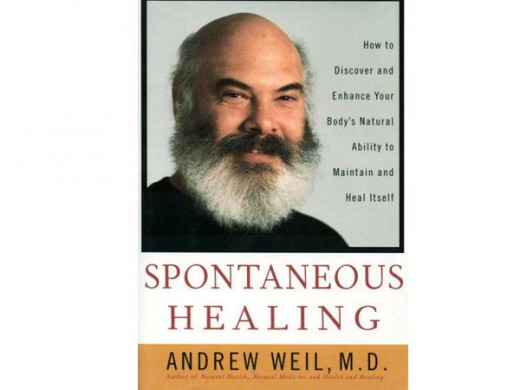
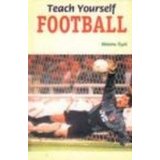
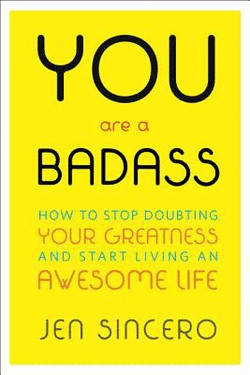
A Well-Known Disaster
News.com.au reports that in October of 2009, 21 people were taken to the hospital suffering from burns, dehydration, respiratory arrest, and elevated body temperature after sitting in the sweat lodge at the Angel Valley Spiritual Retreat in Arizona.
The facility was rented as part of a spiritual retreat operated by James Arthur Ray, a “self-help expert.” Eventually 3 people died from that event. Ray promised the retreat would “change your life,” and it sure did change the lives of several of the participants. No issue with false advertising here.
“Similar to a sauna, a sweat lodge, is an enclosed space where water is poured on heated rocks to cleanse the body. Used in Native American ceremonies the traditional lodges are made of willow branches and covered in canvas or animal skins. They are not meant to be airtight and participants normally spend less than an hour inside.
However, authorities told the New York Times the James Ray’s Sweat Lodge was covered in plastic and blankets. It is believed temperatures inside the lodge reached up to 49 degrees [Centigrade -- 120.2 Fahrenheit],” (News.com.au -- http://www.news.com.au).
This story quickly circulated around the world when it happened, and in the end James Arthur Ray was charged and found guilty of a felony, negligent homicide, for which he got 20 months in prison.
All fine and good, and perhaps satisfying for some people that Ray received punishment, but in the end the three people who died are still dead. Even a death penalty for Ray would not bring them back.
In fact, according to Maia Szalavitz, writing for Scientific American (July 2014 issue), James Arthur Ray has done his time and is back in the self-help business.
The best response in the judgment of this writer is to think hard before getting involved in some of the self-help activities and programs available.
For Best Results Avoid Group Situations That Include Stress and Peer Pressure
John Norcross, professor of psychology, and other self-help investigators of self-help books and programs say “people can better protect themselves from potentially dangerous self-help rituals . . . by learning to recognize warning signs of dubious experts and by understanding how peer pressure impairs judgment,” (Maia Szalavitz writing for Scientific American).
Self-help is especially risky and dangerous when a person joins a group and peer pressure starts counteracting one’s own better judgment.
It has happened that other members in the group of 12-step programs have recommended, even urged and insisted that another newer member stop any psychiatric medications they may be taking, saying those drugs will slow recovery.
Being especially vulnerable, some new members have given in and followed the non-medical advice of their non-trained, non-licensed fellow member(s) and relapsed into their previous disorder, depression, or psychosis, and even committed suicide.
Some program leaders use techniques on groups that leave some participants psychologically vulnerable. Some of these techniques include withholding food, water, bathroom breaks, sleep, or other, for several days. Deprivation of this kind added to emotional stress can cause even the strongest healthiest person to use bad judgment, because they are no longer able to think clearly.
Combined, the above listed stresses can leave people more susceptible to peer pressure and more obedient to authority figures who may not be telling them to do safe or healthful things.
Christine Whelan, a visiting sociologist at the University of Pittsburgh who studies the self-help industry says, “Stress reduces blood flow to regions of the brain important for planning, self-control, and reasoning. Even minor stresses such as being denied access to the bathroom can wear down one’s ability to resist social pressure,” (Scientific American).
Often the most vulnerable people are those people who are highly intelligent and well educated. They often think themselves immune to peer pressure and so behave irrationally, for example, by remaining in an overheated hut where people are losing consciousness from the extreme heat, when it would be advisable to get out, as happened at the James Arthur Ray spiritual retreat.
People often think such a thing could never happen to them, because they are too smart to let it happen, but the truth is that even the smartest people are vulnerable to the previously described techniques.
Psychology experts recommend avoiding group situations no matter how smart you are, or think you are, because the brain easily succumbs to peer pressure especially when the leader uses stress tactics.
Note
More than 95% of self-help books and programs have never been subjected to scientific scrutiny.
John C. Norcross, professor of psychology at the University of Scranton.
Guidelines for Deciding to Try a Self-Help Program
First keep in mind that overcoming anxiety, addictions, depression, and other disorders requires learning new coping skills over many months, and possibly years. There is no quick fix. No matter what a self-help promoter tells you, sufficient change cannot occur in mere days or a few weeks. Intense one-time programs do not provide necessary and important ongoing support essential for a lasting change.
Good programs will have independent data showing their effectiveness. They will not be dependent on antidotes and testimonials. No matter how popular a program may be, if there is no published research that supports good results from it, that is a red flag. Think it over carefully.
Do not make the mistake of thinking you are too smart to be taken in, or too smart to be pressured by other participants, if you are in a group activity. Remember that anyone’s sense of self-preservation can be erased under the right circumstances.
If it seems too good to be true, it probably is.
Of course not all self-help books and programs are dangerous. Learning a new language or other skill may hold no dangers. Learning how to apply makeup correctly or how to cook French food, or any of a myriad of other things one can learn on their own could end up being fun and beneficial.
Unfortunately all self-help programs are not always safe. Knowing which programs and books are safe and helpful and giving the hairy eyeball to those that may not be so safe is what everyone should do -- and then avoid them.
For anyone interested in more specific details about this subject, I highly recommend getting a copy of the May 2014 issue of Scientific American. It can be found online by clicking here.
Sources
Scientific American – July 2014 issue (When Does Self-Help Actually Help?)
Buffalopost
http://www.buffalopost.net/?tag=james-arthur-ray
News.com/au
http://www.news.com.au/world/two-dead-at-james-arthur-ray-the-secret-sweat-lodge-retreat/story-e6frfkyi-1225785397153
© 2014 C E Clark

